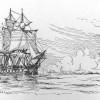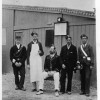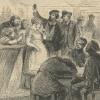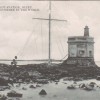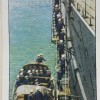Review: Daniel Owen Spence, Colonial Naval Culture and British Imperialism, 1922-67. Manchester University Press, Studies in Imperialism, 2015 – full details here. This is not your traditional naval history. Aligning himself with those whom he describes as ‘cultural-naval historians’ (2), Spence aims – as he puts it in the book’s final sentence – to understand […]


